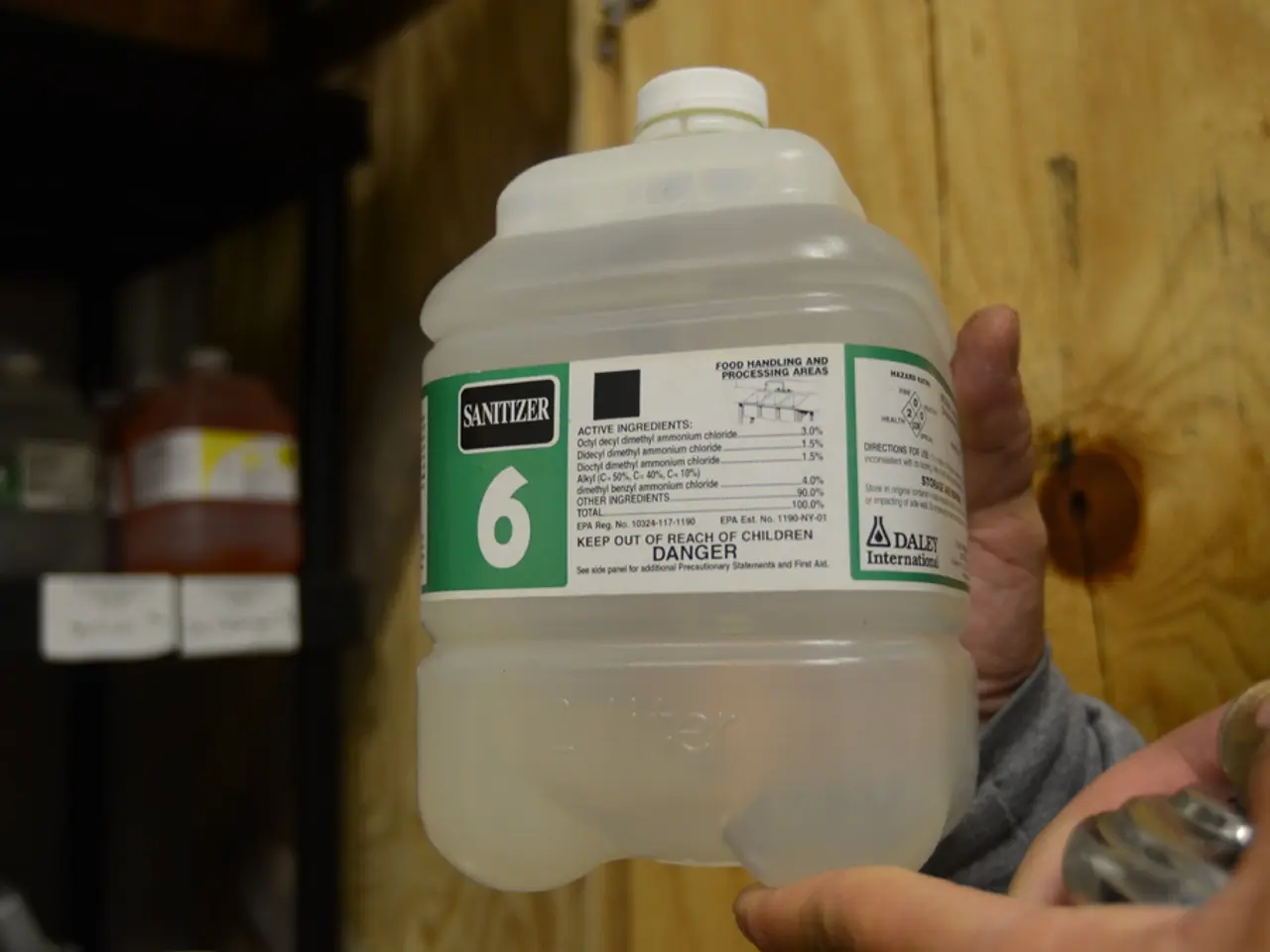Cryptococcal meningitis: An Overview of This Fungal Meningitis Type
Cryptococcal Meningitis (CM) is a serious fungal infection that affects the protective membranes covering the brain and spinal cord, known as the meninges. The condition is primarily caused by the fungus Cryptococcus neoformans, which is commonly found in soil, decaying wood, and bird droppings.
For those at higher risk, regular health check-ups are vital. Routine screenings can help catch infections early, vaccinations can bolster the immune system, and regular visits to healthcare providers can help manage underlying conditions effectively.
Cryptococcal Meningitis can be particularly dangerous for individuals with weakened immune systems, such as those living with HIV/AIDS, cancer patients, organ transplant recipients, and those with chronic health conditions like diabetes. Recognizing the symptoms of CM is crucial for prompt treatment, as common symptoms include headache, fever, nausea and vomiting, stiff neck, light sensitivity, altered mental status, and seizures (in severe cases).
With prompt and appropriate treatment, many individuals can recover from CM, although some may experience long-term neurological effects. The common complications and long-term effects of CM include neurological complications such as optic nerve atrophy, memory impairment, motor dysfunction, and hydrocephalus (accumulation of cerebrospinal fluid causing increased intracranial pressure). Other long-term effects may include chronic headaches, vision problems, and other ongoing issues.
Intracranial hypertension, which is a major contributor to morbidity, may require interventions like ventriculoperitoneal shunting to manage cerebrospinal fluid pressure. Damage to the blood-brain barrier due to hyperactivated immune responses and metabolic disturbances exacerbates neural injury. Potential parenchymal granulomas in the brain, although rare, especially in immunocompromised individuals, can also be a complication.
Survivors often experience persistent neurological deficits related to the initial infection and the immune response to the fungus. CM predominantly affects immunocompromised patients, making these complications more severe and frequent in this population. Mortality remains very high without treatment, and even with treatment, long-term neurological sequelae are common due to both infection and immune-mediated damage.
A supportive home environment can significantly impact recovery. Consider creating a comfortable space, providing a balanced diet, and offering emotional support. Patients diagnosed with CM typically require antifungal medications. Tips for managing medication at home include following prescriptions, monitoring side effects, and staying hydrated.
For individuals with compromised immune systems, effective antiretroviral therapy can help restore immune function and reduce the risk of opportunistic infections. Identifying risk factors, such as HIV/AIDS, organ transplant recipients, and individuals with certain cancers, can help in taking proactive measures to prevent infection.
Taking environmental precautions, such as avoiding high-risk areas, wearing masks, and practicing good hygiene, can help reduce the risk of infection for individuals with compromised immune systems. Early diagnosis and treatment are vital for improving outcomes in patients with CM, and it is crucial to seek medical attention promptly if experiencing symptoms or at risk.
Regular medical evaluations can help catch any complications early and ensure comprehensive care for individuals with compromised immune systems. By understanding the long-term effects of CM and taking appropriate precautions, we can help improve the quality of life for those affected by this serious condition.
- For cancer patients, regular health check-ups, including screenings for medical-conditions like Cryptococcal Meningitis (CM), are crucial, as CM can be particularly dangerous for individuals with weakened immune systems.
- Long-term effects of CM can include neurological complications such as memory impairment, motor dysfunction, and optic nerve atrophy, making it essential for individuals with neurological disorders to receive prompt and appropriate treatment.




